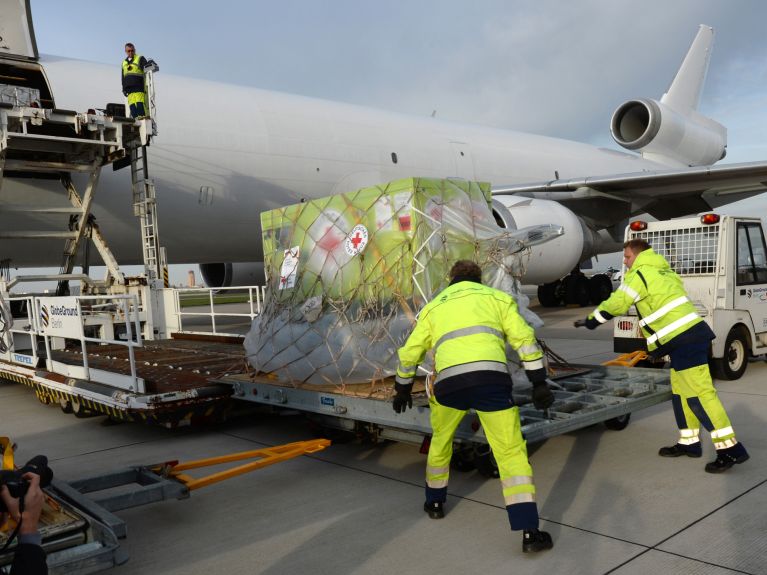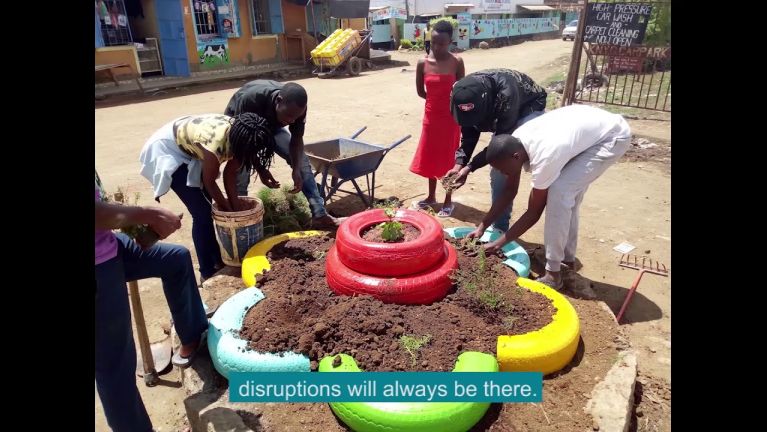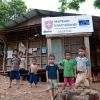What Germany is doing to combat hunger
The German government unreservedly supports the UN's 2030 Agenda – read here how Germany is involved.

About two billion people suffer from malnutrition or hunger. Here you can find out how Germany supports the Zero Hunger goal of the United Nations 2030 Agenda.
1.5 billion euros flow every year into food security, agricultural promotion and rural development in partner countries as part of German development cooperation.
ONE WORLD – No Hunger(German abbreviation: SEWOH) is the name of the special initiative of the German Federal Ministry for Economic Cooperation and Development (BMZ) launched in 2014, in which policy-makers, businesspeople, scientists and civil society are working in several hundred projects in 35 countries towards the goal of Zero Hunger.
Dieses YouTube-Video kann in einem neuen Tab abgespielt werden
YouTube öffnenThird party content
We use YouTube to embed content that may collect data about your activity. Please review the details and accept the service to see this content.
Open consent formUnder SEWOH, green innovation centres in 15 partner countries are driving agricultural innovations forward and networking knowledge on seeds and the efficient use of fertilizers and water. Furthermore, they target optimization and cooperation in harvesting, storage, transport and food production and sales. The objectives also include better participation for everyone in both value creation and job creation.
Since 2002, the Federal Ministry of Food and Agriculture (BMEL) has supported a total of 118 projects of the UN Food and Agriculture Organization (FAO) with a total of around 142 million euros through a Bilateral Trust Fund.
The International Research Cooperation on Global Food Security is a BMEL funding programme launched in 2013 to network German agricultural and food research with international science, especially with the aim of supporting agriculture and the food situation in Sub-Saharan Africa and Southeast Asia.
The Federal Ministry of Education and Research (BMBF) has established competence centres on climate change and sustainable land management in eleven partner countries in west Africa and five countries in southern Africa. Together with German universities and research institutions, the BMBF supports academic training and research programmes that are tailored to each region's needs.
You would like to receive regular information about Germany? Subscribe here:



